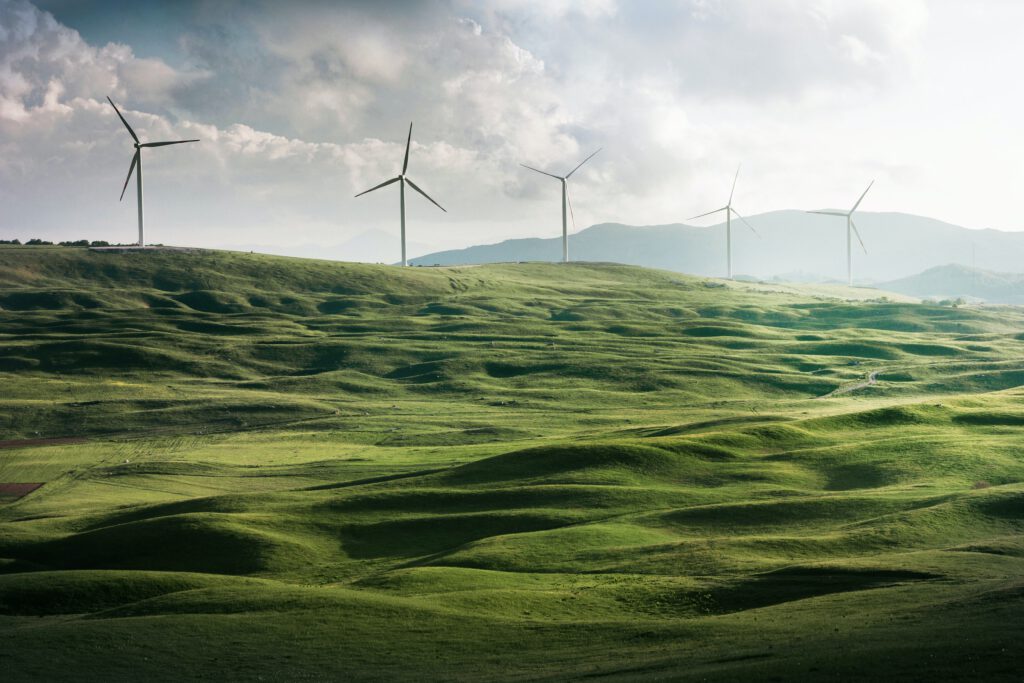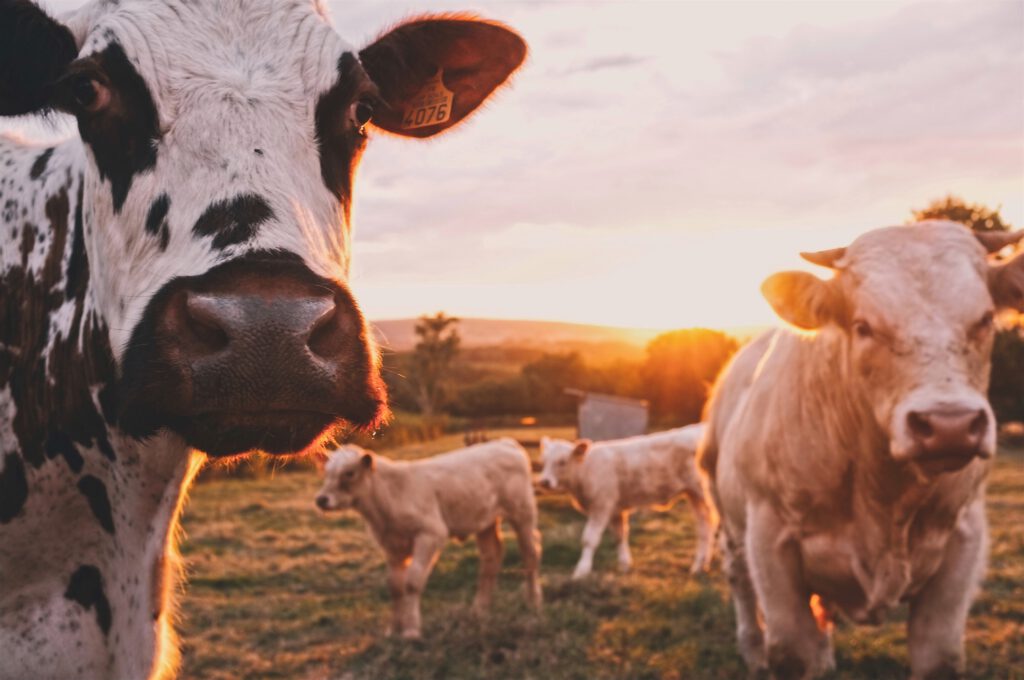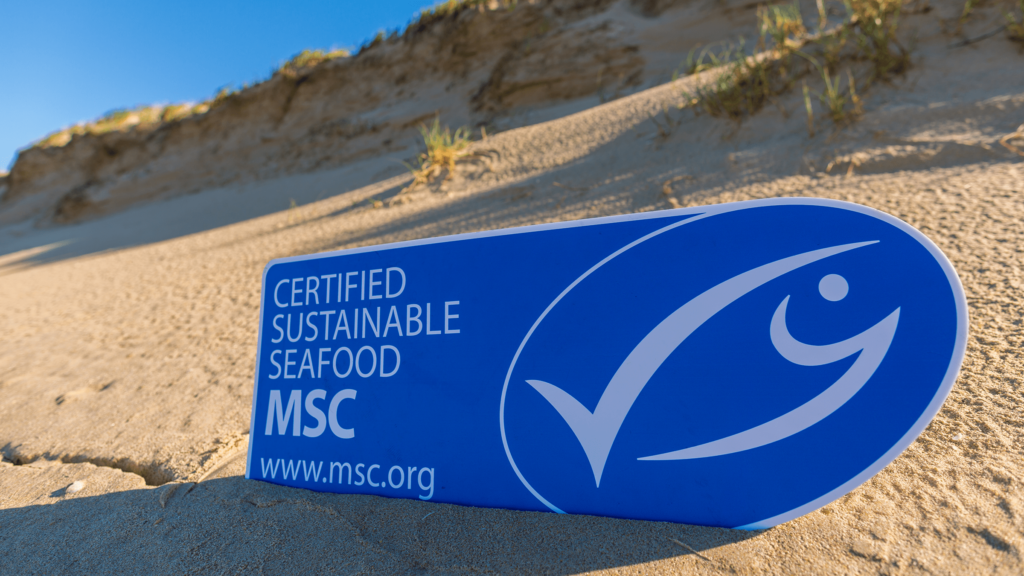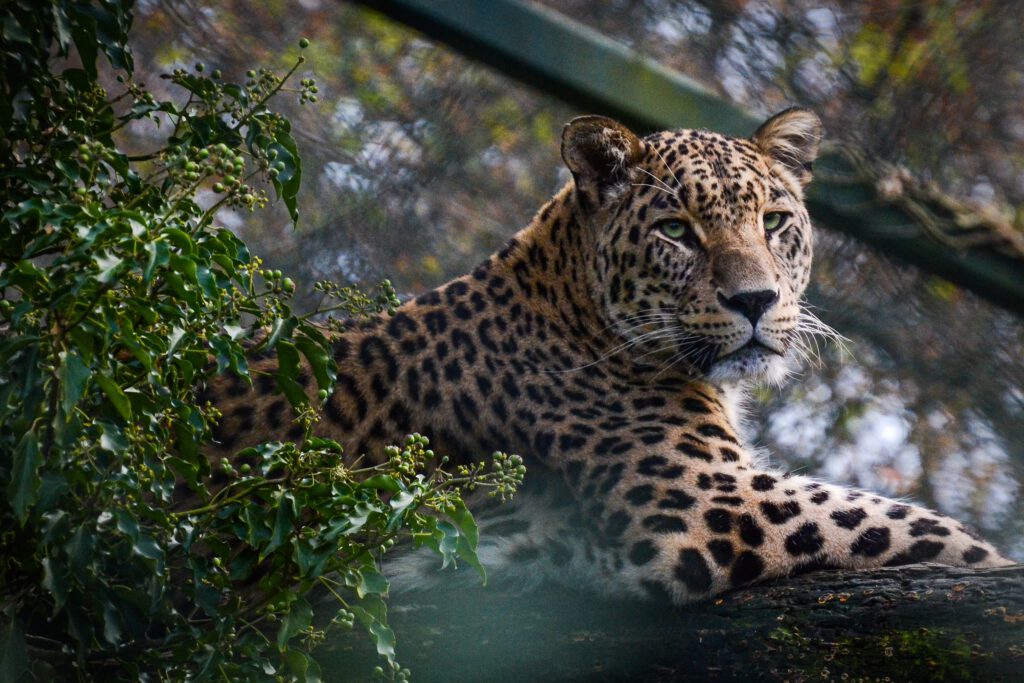Green Calendar – November
We all know that Earth Day is on 22 April. Most of us may plant a tree on 5 June to celebrate World Environment Day. But did you know that the day before yesterday was World Vegan Day? Or that buzzards, pangolins, and bonobos each have their own days?
Ranging from international events to small celebrations in local communities, there are numerous environmental awareness days to cherish and value this beautiful planet we call home. And it is not just days that have been dedicated to the Earth, there are also environmental hours, weeks, and entire decades!
(We are currently in the UN Decade on Ecosystem Restoration. Want to know more? Stay tuned for the next post of this monthly series.)
Some of these celebrations are recent, just a few years old. Others have been hanging around (in some form or the other) for centuries. Together, these represent just a fraction of the love and respect people hold for their planet. These days also remind us that we live on a dying planet, and it is up to us to save it.
So, what are you waiting for? Grab your calendar and join us as we explore different days to celebrate our planet.

1 November – World Vegan Day
November 3 might seem a bit too late to celebrate a November 1 occasion, but fret not. Veganism can be embraced at any time!
Contrary to prevalent belief, veganism is more than not consuming animals and animal products; it is a way of life that seeks to exclude – as far as possible and practical – all forms of exploitation of animals, whether it be for food, clothing, or any other purpose.
World Vegan Day was first celebrated in 1944, organized by the President of the UK Vegan Society, Louise Wallis, to commemorate the society’s 50th anniversary and the entry of the term ‘vegan’ in common parlance. The concept of veganism, however, is much older and can be traced back to Ancient Egypt (where Pharaoh Akhenaten banned animal sacrifice as he thought it was a sin to take any life granted by the god Aten), eastern Mediterranean (Greek philosopher and mathematician Pythagoras, along with his disciples practiced vegetarianism for religious and ethical reasons) and ancient India.
Today, veganism has grown to encompass all aspects of life. Fortunately, with growing awareness, an increasing number of shops are selling vegan products. Turning vegan is slowly getting much easier (especially if you live in this municipality called Wageningen).
What can I do?
· Have a vegan potluck! Invite your friends over, try different vegan dishes and learn different vegan recipes. At the end of it, you might discover that eating vegan is easier and more fun than you had thought.
· Try vegan substitutes. The next time you go shopping, pick up a product from the vegan aisle instead.
· Support an animal charity. Find yourself unable to let go of meat? Don’t worry. Veganism is more than just food choices – stopping all forms of animal abuse are equally important.

6 November – International Day for Preventing the Exploitation of the Environment in War and Armed Conflict
There are no victors in war, only victims. Everybody loses, even the environment.
Wars harm the environment before, during, and after they happen. Maintaining the military requires huge amounts of energy. Most of this energy continues to come from fossil fuels. Modern warfare directly harms biodiversity and wildlife – entire ecosystems can be wiped out by bombing. The pollution from war contaminates air, water, and soil. Even when the war is over, the damage made remains.
If we look at the current war in Ukraine, 30% of the country’s protected area, spanning across 3 million acres, has been lost. Rare steppe and island ecosystems in the south have been pummelled, threatening endemic grassland plants and insects. Rivers across the Donbas conflict zone in the east are being polluted by wrecked industrial facilities, sewage works, and overflowing coal mines.
Ironically, it was as recent as 2001 that the UN General Assembly declared 6 November as the International Day for Preventing the Exploitation of the Environment in War and Armed Conflict. Since then, the UN has partnered with the EU to help countries identify, prevent and transform tensions over natural resources as part of conflict prevention and peace-building programs.
A lot may have been done, but the wars are yet to stop.

21 November – World Fisheries Day
Fisheries refer to the business of raising and harvesting fish. It can also refer to the sites where the business (of raising and harvesting fish) takes place, that is, the fishing ground.
Over two-thirds of the world’s fisheries are overfished or fully harvested, despite their protection being one of the targets of SDG 14 Life Below Water. Fisheries are also threatened by ocean acidification, ghost fishing (this happens when old fishing equipment is lost or gets dumped in fisheries; fish of all sizes get caught in the nets and lines, get injured and often die), commercial whaling, plastic, and habitat destruction.
What can I do?
· Buy sustainable seafood that is MSC-, ASC- or BIO-certified. The certification means that the seafood being bought can be traced back to a sustainable fishery. To make life easier for all seafood lovers, certified seafood can be found in most supermarkets.
· Reduce food waste and learn better ways to store seafood.
· Create awareness and encourage others to act sustainably.

29 November – International Jaguar Day
The jaguar (scientific name: Panthera onca) is a large cat species that can reach a length of up to 1.85 m and weigh up to 158 kg. Its preferred habitats are tropical and subtropical moist broadleaf forests, wetlands, and wooded regions. Its range extends from the southwestern United States to Paraguay and northern Argentina, covering Mexico, much of Central America, and the Amazon rainforest. While this may seem like a lot, it represents less than 60% of the jaguar’s historic range.
Scientists estimate that there are between 130,000 and 208,000 jaguars left in the wild. The IUCN has classified them as “near threatened”. All the same, they are already extinct in two countries: El Salvador and Uruguay.
Jaguars are threatened by habitat loss and fragmentation (by humans), direct hunting (by humans), and lack of natural prey due to overhunting (by humans).
What can I do?
· Support organizations that seek to protect jaguars. Examples include Panthera and Wildlife Conservation Society.
· Do not use products obtained from forests and wetlands. These products leave a massive trail of habitat destruction in their wake.
· Speak up against deforestation, even if it may seem pointless. After all, a voice, no matter how small, is better than silence.

Written by: Shirsho Roy Chowdhury
